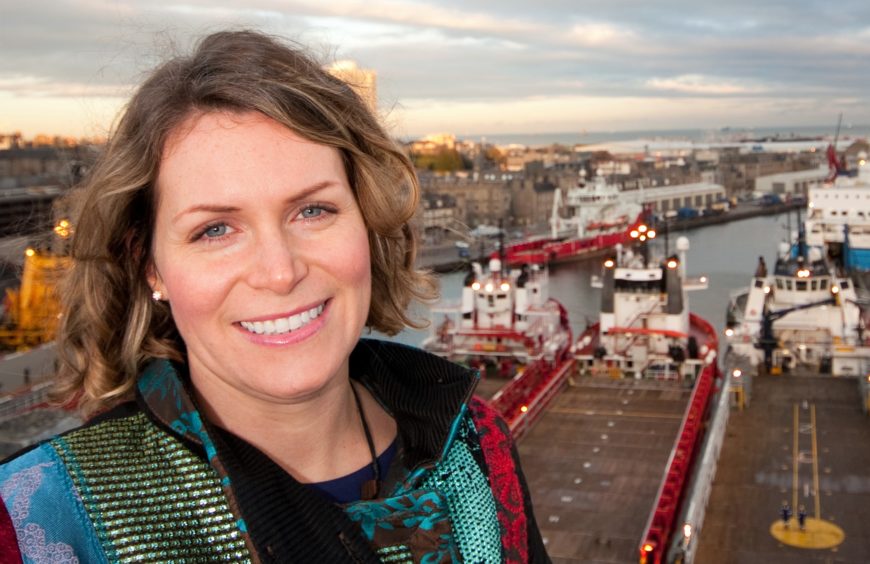
With the oil industry facing the twin crisis of demand destruction and a climate emergency, and society grappling with a pandemic you could be forgiven for asking how much of a priority should diversity & inclusion be right now?
It would be too easy to put D&I in the important but not urgent category. That might be understandable, but also short-sighted. The longer the pandemic continues, the sharper the insights we’re getting into the impact of the pandemic.
The 2020 Women in the Workplace Report, conducted by Lean In and McKinsey, found that 1 in 4 women professional women in the US are contemplating downshifting their careers or leaving the workforce due to COVID-19, erasing 25 years of progress towards gender diversity, according to UN Women.
One specific example of inclusion efforts being deprioritised in the UK was the Government’s decision to suspend this year’s requirements for gender pay gap reporting. In normal years, companies with more than 250 employees must report their mean and median gender pay gaps, bonus pay gaps, and the proportion of men and women in each pay quartile.
Recognising the uncertainty and pressure businesses faced due to COVID, on 24th March this year the UK Government Equalities Office and the Equality and Human Rights Commission lifted the requirement to report.
The Government Gender Pay Gap website shows that only 50% of OGUK operators had published by that time.
With just 12 days remaining, most organisations would have already collected their data and been set to publish, but not a single OGUK operator voluntarily published their data after the mandatory requirement was lifted.
This sends a worrying message: that oil and gas companies still view this as a compliance issue, rather than an opportunity to communicate progress on a long-term business objective.
OGUK also chose to remove (anonymised) gender pay gap data from their Workforce Insight report this year.
Regrettably, this hiatus in reporting will make it difficult to pinpoint how COVID 19 has affected gender balance in oil and gas.
It’s possible that the minister for women and equalities may waive the next mandatory reporting requirement too, but encouragingly Shell have already published their gender pay gap data ahead of the April 2021 deadline.
AXIS hope that other firms will be equally transparent about their progress and take the opportunity to share a narrative alongside the numbers.
Recognising that inclusion, or lack thereof, is what we experience on a daily basis in our workplace, this year AXIS and Step Change in Safety are partnering to develop guidance for operators and the supply chain on inclusive offshore working practises. We frequently hear feedback from our members on what we would term micro-inequities – issues which are seemingly small, but add up to make our members, and others, feel ostracised.
The joint project aims to:
· Create a safe and open environment to seek community feedback on experiences of offshore and onsite to allow us to drive a meaningful shift towards inclusion
· Share good practice from individuals and companies through case studies to catalyse improvement across the energy sector
· Produce guidelines for companies to efficiently promote inclusivity offshore and on site
Fantastic progress is being made across all these objectives with delivery of the final best practice guide anticipated to launch in the new year.
The pandemic has challenged and disrupted all our lives. Unfortunately, it has exacerbated the inequalities that exist in our society. AXIS convened our first Pledge Signatory Forum “Inclusive Leadership in a Pandemic” at the end of November, bringing together senior leaders from the 30 organisations who have signed the AXIS pledge. Maintaining a focus on inclusive leadership through the pandemic, highlighting good practices and providing a forum for willing companies to listen and learn is vital as we seek to rebuild and recover both industry and society.
Karen Blanc is the chair of AXIS, Aberdeen’s leading gender balance network. The group support individuals, leaders and organisations in the pursuit of gender balanced teams and systems. She is also a member of the OGUK D&I Task Force, and operations director of Atkins’ UK&ME offshore energy business.
The AXIS Pledge is a commitment by organisations operating in the Aberdeen energy sector to work towards equal pay, equal leadership, and equal opportunities for women and men, starting now. The Pledge asks companies to work to understand the underlying reasons behind their gender gap, take positive actions to close it, and to openly communicate on this with their staff.
We believe that in this way, those operating in the sector can meaningfully shift the dial on gender balance together.
To find out more visit https://www.axisnetwork.co.uk/axis-pledge
